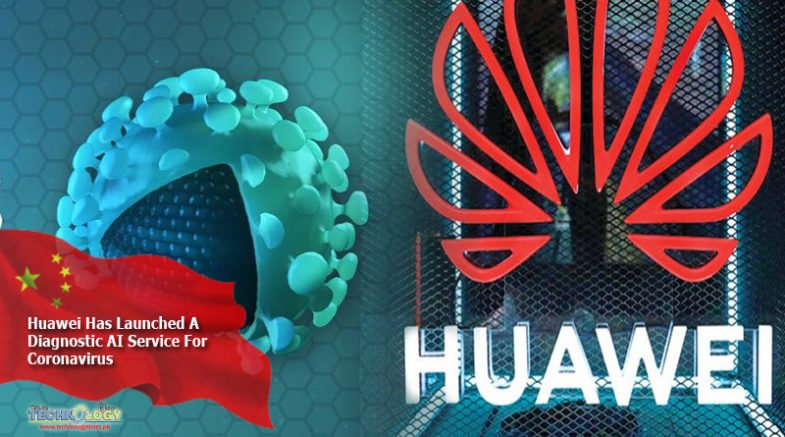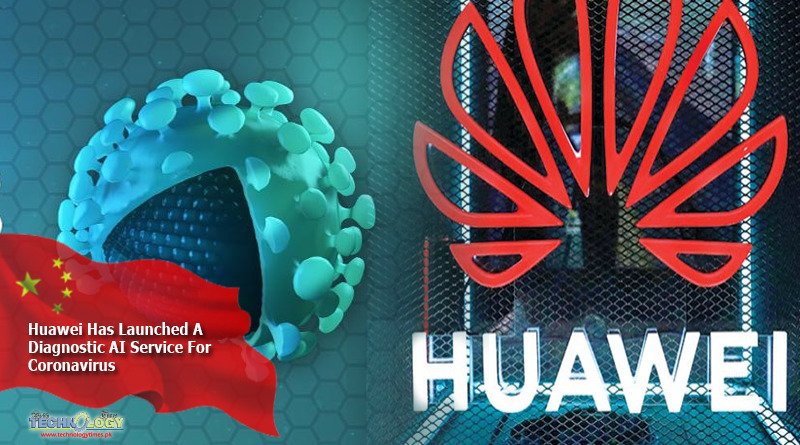The Huawei Cloud division has reportedly launched an AI-driven diagnostic service for detecting coronavirus and COVID-19 diagnosis. The solution was developed in collaboration with Huazhong University of Science and Technology and Lanwon Technology. Doctors will, Huawei says, specifically use the technology conjunction with CT scanning in a bid to offset a shortage of health professionals amid the continuing spread of the virus.

More directly, Huawei Cloud says that its tool and service can “automatically, quickly, and correctly output CT” results. That will help imaging and clinical doctors diagnose COVID-19 despite quarantines and the above-mentioned shortage. Those quantization results can be finalized and delivered within seconds for any given case, the company claims. That’s thanks to the use of Huawei Ascend series AI chips.
Details on Huawei’s coronavirus AI are slim but medical use cases aren’t unheard of
Deeper details about the specifics of Huawei Cloud’s use of AI to diagnose coronavirus have not been reported. So the results of any studies such as the exact accuracy of the tool have not been divulged. Similarly, the company hasn’t provided any details about where the service is launching or whether it’s already in use. But Huawei does indicate that it is far more accurate and much faster than traditional manual methods.Advertisement
The scarcity of details doesn’t necessarily hold any bearing on the claim either. AI has been rapidly developed globally by an array of companies for medical purposes. In particular, machine vision has proven viable with regard to imaging technology and diagnostics.
One pertinent example of that is Google’s work with AI to detect cancer. Back in 2018, the company released a study on AI-augmented cancer detection for metastatic breast cancer. That centered around AI-driven examination of lymph node slides. The study showed that, in terms of prognosis, its AI could reduce false negatives by up to 75 percent. Its overall accuracy at detecting cancer was claimed at around 99-percent.
Google’s work in 2018 followed on earlier studies conducted by the search giant. But it also followed external studies on imaging-based cancer and disease detection using AI.Advertisement
So the use of AI in health or medical fields for the purpose of diagnostics is not only plausible. It seems more plausible that it is only a matter of time before artificial intelligence is widely-used to those ends.
This will likely be limited, at least initially, to China
It is extremely unlikely, however, that any solution proposed by Huawei will appear outside of its home country regardless of whether it has to do with a global pandemic or not. The technology in question will almost certainly remain in China for the time being.
That comes down to the fact that Huawei is embroiled in an ongoing conflict between the US and China. The dispute and widely-reported claims associated with that have resulted in the company being banned from working with US companies. The US has gone so far as to begin removing Huawei technology from mobile networking infrastructure. It’s also encouraged allied nations to abandon the use of Huawei tech.Advertisement
While the efforts by the US have been largely ineffective outside of its borders, Huawei may still find sales of its solution difficult because of that. At the very least, it will almost certainly not be selling its latest product in the US.
Courtesy: androidheadlines.com
